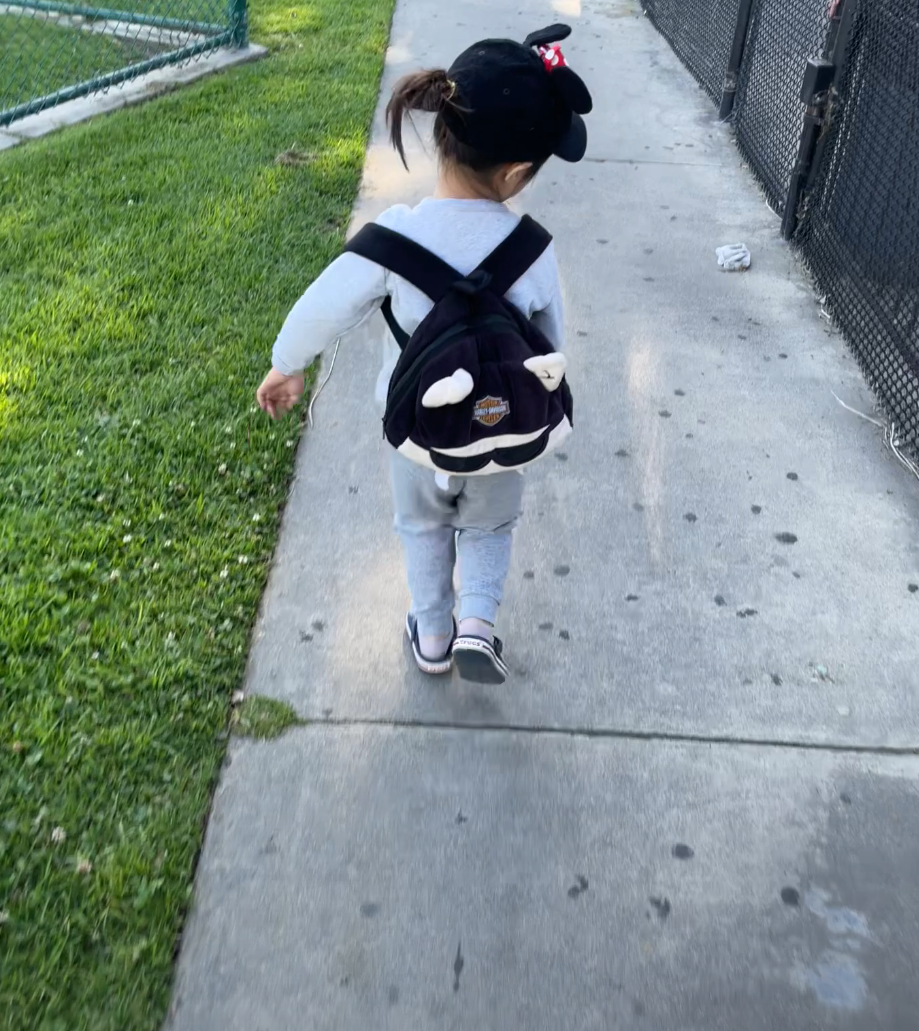For years, I was trapped in this quiet, exhausting loop of trying to optimize every second of my day. If I wasn’t actively doing something productive, guilt would creep in. A little voice in my head kept whispering: “You could be doing more. You should be doing better.” My self-worth felt tightly bound to how much I got done.
But then, just a few days ago, I stumbled on a talk by Dr. Jebelli that flipped the whole thing upside down: How doing nothing can improve your life.
That one idea took me back—like, way back—7 or 8 years ago, to a time when I was obsessed with the phrase "dolce far niente" — the sweetness of doing nothing. I had kind of forgotten about that. But his talk reminded me that even when we’re not actively working, our brains are still doing something.
Rest is not the absence of work… quite the opposite
For so long, I (and I bet many of you!) thought rest just meant not working. Like, if my eyes were closed or I was just staring into space, my brain was powered down. Boy, was I wrong!
Neuroscience tells us that when we’re not focused on a task, our brains light up a system called the Default Mode Network (DMN). Think of the DMN as your brain's hidden productivity engine. While it might look like you're "doing nothing," your brain is actually busy with crucial tasks:
- Connecting dots – making sense of experiences, memories, and thoughts
- Sparking creativity – linking unexpected ideas that lead to “aha” moments
- Rehearsing life – imagining future scenarios and practicing responses
- Processing emotions – reflecting on your experiences and how you feel about them
How I’m practicing “Doing nothing” now
Here are a few ways I'm now actively incorporating more "doing nothing" into my day:
- Embracing waiting time: I'm less restless when I have to wait. Just today, in a hospital lobby, instead of checking my phone, working on new ideas, or listening to a podcast, I simply was. I stood there, watching people. I felt so much alert and alive.
- Mindful walks: I've always loved jogging, especially with the beautiful beach walk in front of my house. These days, I try to do it more often and without my earbuds. I just wander, listen to the waves crashing, hear people chatting, and the distant honks from the street.
- Intentional napping: Before, I felt it was a waste of time to take a significant rest in the afternoon, even though so much research points to the benefits of napping. These days, I take an intentional rest and I genuinely feel more awake and energetic in the last half of the day.
- Less phone use: I've been actively reducing my time watching those fun videos. Unfortunately (or fortunately), my left arm and hand recently became a bit stiff. I wondered if it was due to holding my phone for long periods, even though I don't believe I use it significantly more than the average adult. It's almost as if my body found a way to help me stay in the moment.
 Take more walk in the park
Take more walk in the park
The permission to rest
This reflection brought a spacious gap of peace and kindness into my day. I’m learning to gently quiet that inner voice that whispers, “You should be doing more.”
For so long, it felt like I needed someone else to grant me permission to rest—as if I had to earn my right to stop. There was a deep, sticky belief in my brain that if I wasn’t working, I wasn’t worthy of love or aspiration.
But my body is sending clear signals now: I need rest. I’m not being helpful to anyone—especially not myself—when I’m anxious and depleted.
If I dare to wish to become a space holder, then the most valuable thing I can offer others is my groundedness. And if not now... then when am I going to practice what I preach?
These days, I’m embracing the idea that by stepping back intentionally—by letting my mind rest and wander—I’m not losing time. I’m actually becoming more effective, more creative, and honestly, a lot happier.
Rest as a radical practice
The science is clear: rest isn’t a reward for hard work—it’s the foundation of it.
As we navigate an increasingly complex world, the ability to rest effectively becomes not just a personal skill but a collective imperative. Organizations, communities, and individuals who master the science of rest will not only perform better but also contribute to a more balanced, creative, and resilient society.
So if you, like me, have been caught in the relentless cycle of always “doing,” here’s a little nudge:
What if the most productive thing you could do today… is absolutely nothing?
References & Further Reading
Jebelli, J. The Brain at Rest: How the art and science of doing nothing can improve your life (June 2025)
M. H. Immordino-Yang, J. A. Christodoulou, V. Singh. Rest Is Not Idleness: Implications of the Brain's Default Mode for Human Development and Education.